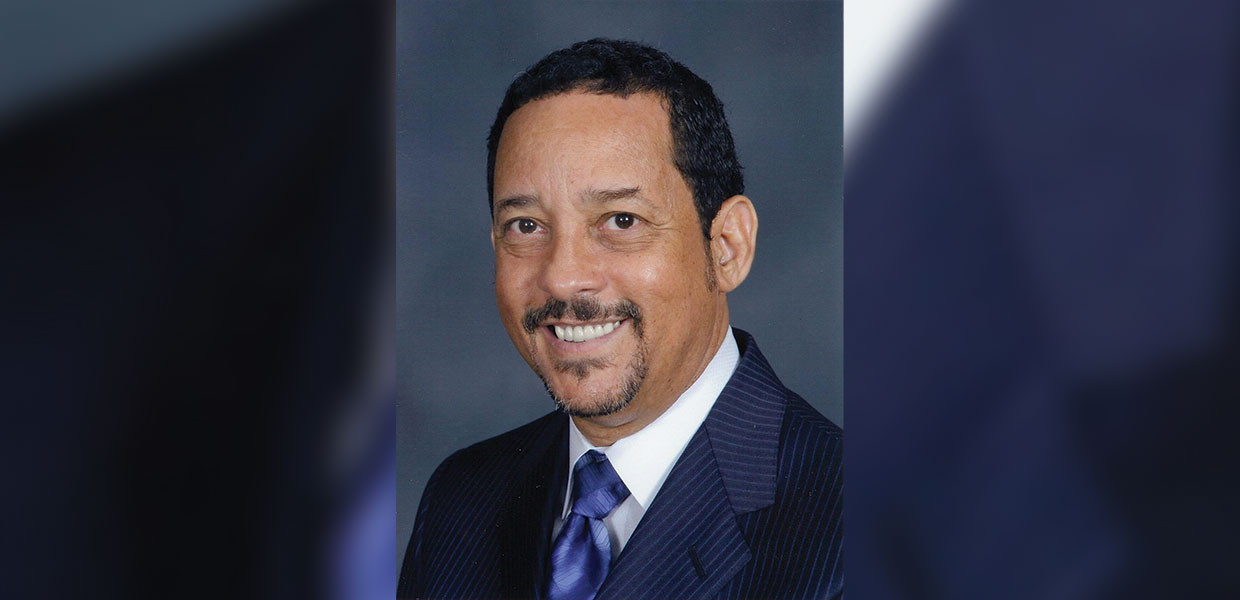
Much of the history and experience of the slaves in America was not written in book form. It was oral, like the lessons of ancient Israel, passed down from generation to generation, in the cotton field, on the sugar plantations, and around the dinner table. A fair portion of that oral tradition came in their music, what we refer to today as “Negro spirituals.”
One of those poignant arias was a song titled, “Sometimes I Feel Like a Motherless Child.” The song, as described in one source, “is an expression of pain and despair as it conveys the hopelessness of a child who has been torn from her or his parents.” The wistful melody screams maltreatment and oppression from the coasts of West Africa centuries ago and from the southern borders of Texas today.
During the last week of August, a delegation from the regional conference leadership, led by Calvin Watkins, president of the Southwest Region Conference, and Daniel Honore, president of the Northeastern Conference, in partnership with the North American Division (NAD), visited a detention center in El Paso, Texas. They did not go as empty-handed spectators. Thanks to financial contributions from each of the nine regional conferences and funds from the NAD, they were able to deliver thousands of dollars worth of much-needed medical and personal supplies. I can assure you, this was not a one-and-done effort. It is ongoing evangelism.
You and I have seen the news accounts and heard the reporters’ commentaries regarding the humanitarian crisis at our border with Mexico. Those of my colleagues who observed these conditions firsthand tell us that it was even more heart-wrenching than they imagined. In fact, while praying with and for these refugees, both presidents were so overcome by emotion that each began sobbing, unable to finish their prayers. In this mass of broken humanity, they also met displaced Seventh-day Adventists, “a long way from home” but anchored in their faith and praying for a better day.
Though this song, “Motherless Child,” is most commonly identified with the plight of African slavery, it is a refrain that certainly resonates with the hundreds of immigrant children stripped from the clutches of their parents. It is also relevant to the plight of adults fleeing the corruption of a homeland laden with violence and poverty.
Romans 8:35-39 comes to mind, “Who (what) shall separate us from the love of Christ? Shall tribulation, or distress, or persecution, or nakedness, or peril, or sword?” The Apostle Paul, in closing this moving passage, assures us that there is nothing that can or will isolate or detach us from that Divine love.
As children of God, we must not only quote Scripture or speak out against humanitarian injustice; we must — we are obligated to, where possible — supply relief for their suffering. There is a solution to this crisis. What that solution is, I honestly don’t know. But, if we sit down and prayerfully talk with one another, while we unite our efforts to bring material relief, God will tell us; He will show us; He will lead us to a benevolent solution.
I long for the day when all of the broken families from all corners of the Earth, separated by the ravages of sin, will be reunited around the throne of God. The tainted history of this world — written, oral, and musical — will be erased from the scrolls of the universe. What a day that will be!
Even so, come, Lord Jesus.
Southern Union | September 2019



Comments are closed.